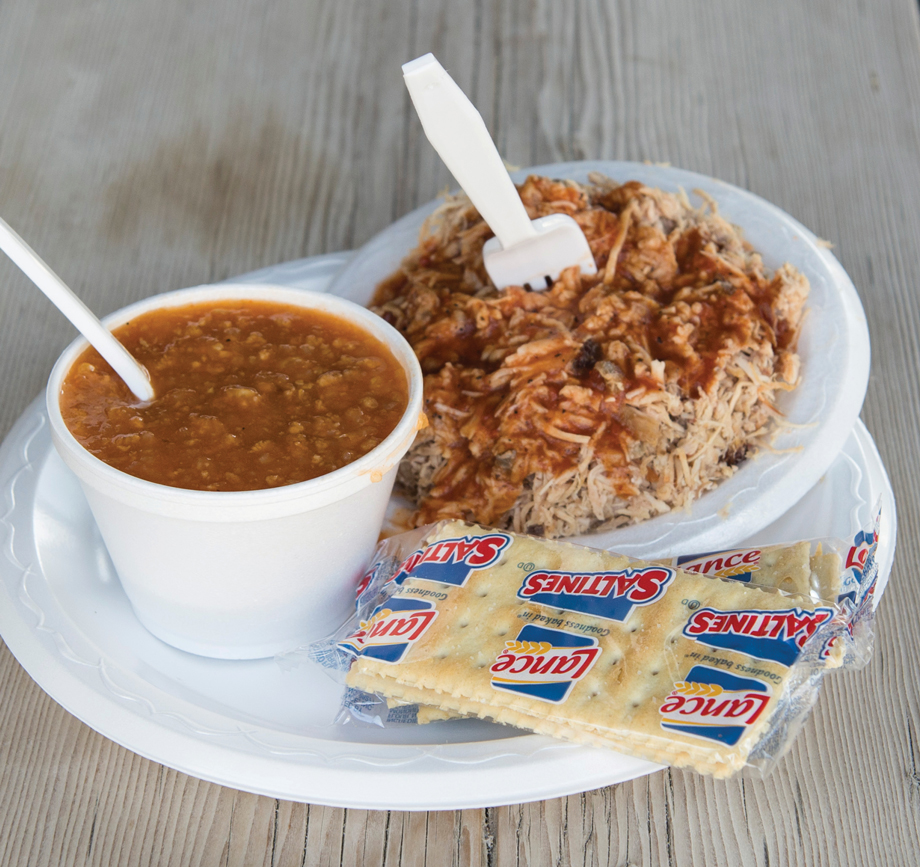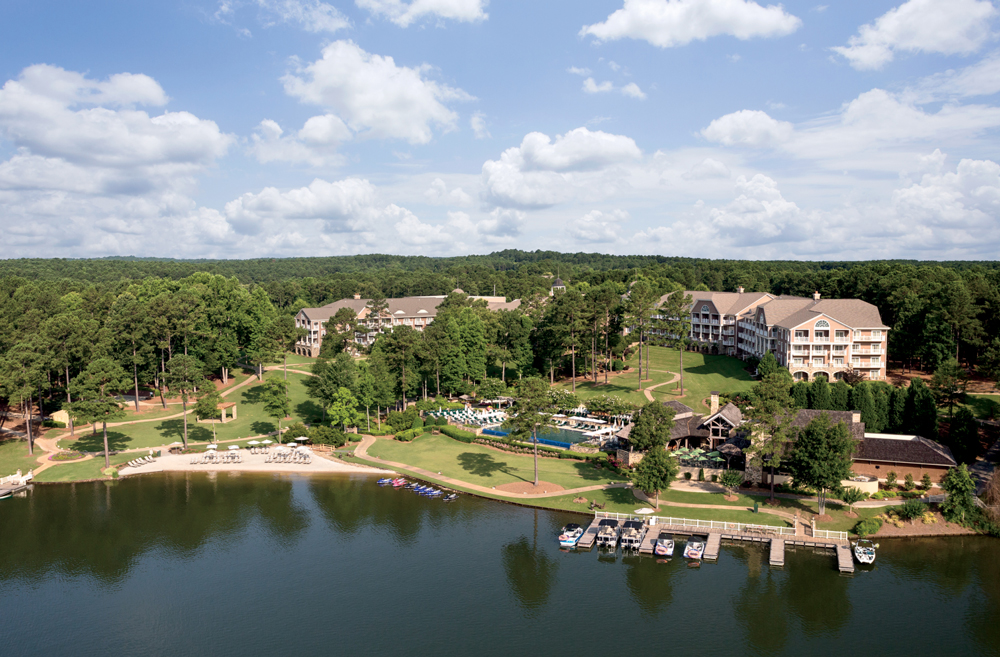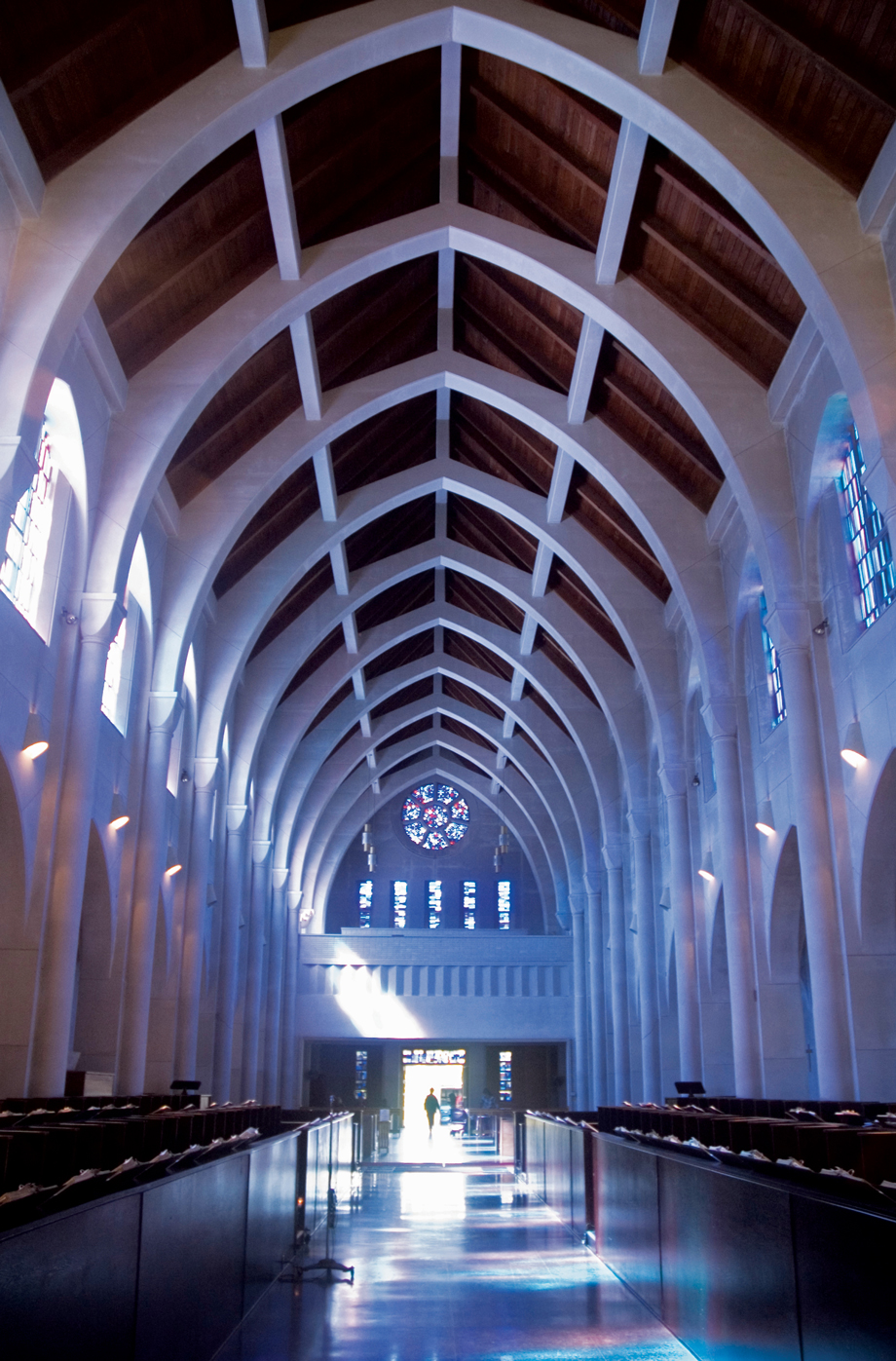TagsarchitectureBuckheadConyersJacksonJulietteMaconMadisonMercerMilledgevilleTubman MuseumWhistle Stop Cafe
Home Arts and architecture
Georgia Backroad Escapes
Arts and architecture
Region East Georgia
Miles 276
In the mid-19th century, regional stagecoach routes and rail lines turned the towns of central Georgia into thriving cultural centers, with colleges for men and women, an early state capital, swanky hotels, and porticoed mansions. Today these cities’ historic architecture—much of which survived Sherman’s torch—still offers glimpses into a sophisticated, surprisingly cosmopolitan past. —Betsy Riley
Before you go
Listen to
“Concerto for Violin & Rock Band,” composed by Mike Mills of R.E.M. for his childhood friend from Macon, Mercer University professor and internationally renowned violinist Robert McDuffie (excerpts on YouTube).
Read
J. Neel Reid, Architect: Of Hentz, Reid & Adler and the Georgia School of Classicists by William R. Mitchell Jr. One-time Maconite J. Neel Reid influenced a school of classical architects in Georgia, including Philip Trammell Shutze, who created the Swan House.
DAY 1

Photograph by Caroline C. Kilgore
10:30 a.m. Good luck battling 18-wheelers through the construction along I-75 south of Atlanta. By comparison, the roughly parallel path of U.S. Route 23 rolls by quiet pastures and railway towns. Just east of Jackson, pull over for some tangy Brunswick stew at Fresh Air Bar-B-Que—a roadside joint surrounded by picnic tables and shaded grounds carpeted with wood shavings. Or head 15 miles farther south to the Whistle Stop Cafe in Juliette, a circa-1927 general store that was converted into a set for the Oscar-nominated movie Fried Green Tomatoes. Now a real cafe, the restaurant is an authentic meat-and-two with crisp, zesty variations on its famous dish.

Photograph courtesy of Macon CVB
1 p.m. After 23 miles, pull up to Macon’s Hay House for one of the National Historic Landmark’s hourly tours ($11). Built between 1855 and 1859 by Mr. and Mrs. William Butler Johnston, it was modeled after the Italian Renaissance palaces the couple visited during their three-year honeymoon. With indoor plumbing, central heat, and a sort of primitive intercom system, the house was a high-tech marvel of its day. Gilded moldings, trompe l’oeil finishes, and grand antiques will have you channeling the Crawleys of Downton Abbey. Pay an extra $4 to tour the open-air, rooftop cupola with its stunning city view.
3 p.m. Less than a mile down Cherry Street downtown, you’ll find the circa-1916 Terminal Station, which welcomed 100 daily arrivals during the heyday of passenger rail. The Beaux Arts depot, which is now a special events venue, was designed by Alfred Fellheimer, who also worked on New York’s Grand Central Terminal. Etched irrevocably into limestone above the far left entrance are the words “Colored Waiting Room,” a jarring context for the achievements celebrated by the Tubman Museum next door. The recently expanded museum hosts rotating exhibitions and a permanent gallery honoring black inventors ($10 admission). A worn upright piano provides a nod to Macon’s celebrated musical heritage—with a sign reading, “Do not attempt to play Little Richard’s piano. He will know.”
5 p.m. Check into the antebellum 1842 Inn (from $189) in time for happy hour. Fancy (free!) nibbles like cheese straws and cucumber sandwiches seem right for the elegant parlors. Cozy gardens, four-poster beds, and respectful service embody Southern hospitality.

Photograph courtesy of Dovetail
6:30 p.m. Dine downtown at Dovetail, a farm-to-table bistro with craft cocktails that is proof of Macon’s budding hipster scene.
8 p.m. Catch a concert by rising-star violinists at Mercer’s Robert McDuffie Center for Strings or a Broadway show at the circa-1883 Grand Opera House. Or stroll nearby streets to gaze at the stately historic homes, many of which are illuminated nightly. An online guide called Lights on Macon provides fun facts and helps you distinguish Gothic Revival from Queen Anne. (Tip: The guide is free to download but runs 55 pages, so borrow the inn’s bound copy or take a tablet.)
DAY 2
8:30 a.m. Savor breakfast in one of the 1842’s formal parlors or serene gardens, then make the 40-minute drive on GA-49 to the Milledgeville visitors center in time for the weekday 10 a.m. trolley tour ($12, 11 a.m. on Saturdays). First stop is the Old State Capitol, where the Georgia legislature met from 1807 to 1868; though the building’s original interior was gutted by fire, it’s eerie to stand within the walls where Rebels voted to secede. Other sites include one of the first black churches in Milledgeville; Flannery O’Connor’s one-time abode; and dozens of historic houses rife with tales of marauding Yankees, steel magnolias, and lonely ghosts.
1 p.m. Head 40 miles north up U.S. Route 441, slicing through the red clay and piney woods, to Buckhead, a frontier outpost that long antedates Atlanta’s affluent crossroads. Watch for easy-to-miss signs to the Steffen Thomas Museum of Art, located in a bunker-like building in the middle of a field. Call the posted phone number if no one answers the door. The Picasso-like force of this German-born Expressionist’s work—not to mention the museum’s novel location—is worth the detour and $5 admission.

Photograph courtesy of Ritz-Carlton Reynolds, Lake Oconee
3 p.m. A 30-minute drive takes you to the plush Ritz-Carlton Reynolds, Lake Oconee (from around $371). Built next to 99 holes of championship golf, the lodge gives off a Grove Park–meets–Cloister vibe, even if it lacks the patina of those older, more majestic resorts in Sea Island and Asheville. Yes, it has a well-appointed spa, a sandy beach, a waterfront pool, and several upscale restaurants, but it’s the simple pleasures that are the hotel’s most endearing: a rope swing suspended between two tall trees, an outdoor ping-pong table, and nightly s’mores by the fire.
Souvenir

Grass basket
The Tubman Museum sells a selection of African crafts, like this miniature tote ($18).
DAY 3

Photograph courtesy of Madison-Morgan Convention & Visitors Bureau
11 a.m. After a hearty breakfast by the lake at the resort, head 30 miles west on 441 to Madison—described in 1845 as the “most cultured and aristocratic town on the stagecoach route from Charlestown to New Orleans.” Download a free app for a walking tour past carefully preserved antebellum and 19th-century buildings. Or, better yet, hire Melissa Piche of North Georgia Tours, whose walks include nuggets like the locations of a rumored Underground Railroad tunnel and meeting places for post-war Freedmen and their secret societies. For lunch, walk over to Clover House Market, a cafe and shop in a cheerful, industrial- chic space, and order a decadent slice of quiche.

Photograph by Lee Grider
2 p.m. On your way back to Atlanta via I-20, stop by the Monastery of the Holy Spirit in Conyers, 15 minutes off the interstate. Founded in 1944 by 21 Trappist monks from Gethsemani Abbey in Kentucky, the verdant compound now offers tours of the abbey ($10, held on third Saturday afternoons). If you can’t make a tour, visit the sanctuary for Mass, prayers, or just contemplation. Here, simple stained glass windows—built by the monks themselves—cast a celestial glow across the nave’s tall Gothic arches.









